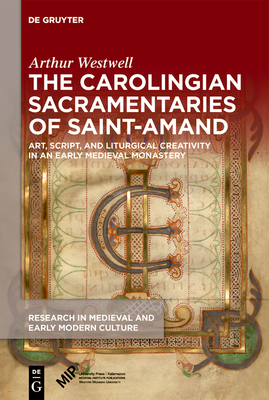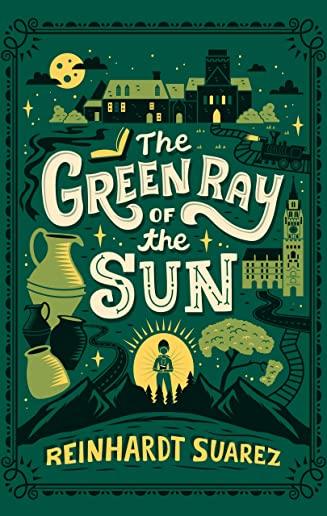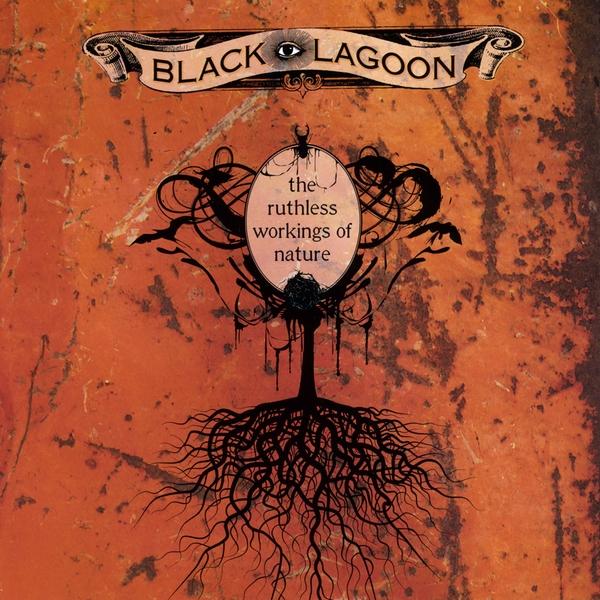
De Maistre, Joseph
product information
description
mind cruelty, injustice, and religious persecution, but in On the Spanish Inquisition, Maistre shows us that the facts are quite different. So far from being cruel, he says, "nothing in the universe can really be more calm and gentle-more impartial and humane-than the tribunal of the Inquisition." Over the course of five letters, Maistre patiently reveals the Inquisition as it actually was, arguing that it was moderate, necessary, and in the fullness of time, a shield against the far bloodier and more destructive French Revolution.
This alone would command our attention, but On the Spanish Inquisition is much more than that; it is a defense of authority against the whim of private judgement-a defense of Catholicism against Protestantism. And in the heart of the work, the fifth letter, Maistre demonstrates how recourse to private judgement can only ever lead to indifferentism, unbelief, and atheism.
member goods
No member items were found under this heading.
listens & views

COMPLETE MOTOWN SINGLES 8: 1968 ...
by COMPLETE MOTOWN SINGLES 8: 1968 / VARIOUS
COMPACT DISCout of stock
$99.49
Return Policy
All sales are final
Shipping
No special shipping considerations available.
Shipping fees determined at checkout.






